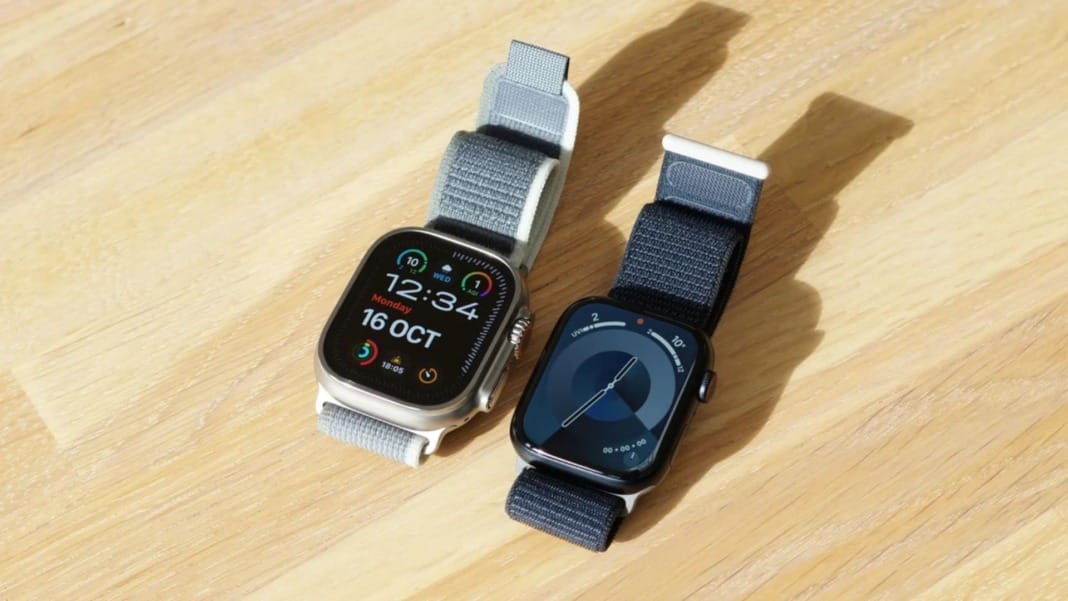In a recent patent dispute, Apple achieved a limited victory against medical device company Masimo over alleged patent infringements. On Friday, a federal jury ruled that Masimo had indeed infringed on some of Apple’s patents and, as a result, awarded Apple US$250 in statutory damages — a sum Apple requested as a symbolic gesture.
Apple secures symbolic victory with US$250 damages
The US$250 damages Apple received from this case represent the statutory minimum for the patent violations. Apple specifically requested this figure to emphasise that the case was not about financial compensation. During closing arguments, Apple’s attorney, John Desmarais, clarified this point to jurors, saying, “We’re not here for the money,” as reported by Bloomberg Law. By seeking the minimum damages, Apple underscored its focus on enforcing patent rights rather than seeking financial gain.
This lawsuit focused on a few Masimo products, including the W1 and Freedom smartwatches and an associated health module. The jury found that these products had violated one of Apple’s patents, while Masimo’s smartwatch charger infringed on another. The verdict also noted that Masimo’s infringement was “wilful,” indicating the jury believed the company knowingly violated Apple’s intellectual property.
Apple adjusts watch features after separate ITC ruling
This ruling follows a separate decision by the International Trade Commission (ITC) earlier this year, which concluded that Apple had itself infringed on Masimo’s patents relating to pulse oximetry, the technology used to measure blood oxygen levels. Due to that ITC ruling, Apple was forced to stop selling the Apple Watch Series 9 and Ultra 2 models with blood oxygen features in the United States. Consequently, the latest Apple Watch Series 10, which was recently launched, also lacks these features to comply with the ITC’s restrictions.
Apple’s legal battles with Masimo have highlighted the competitive nature of the wearable health-tech industry, where both companies are attempting to innovate while protecting their intellectual property. As the popularity of health-focused wearable devices continues to grow, disputes over patents and proprietary technologies are likely to become even more common. With Apple and Masimo actively investing in the health-monitoring market, this recent case could mark one of many future challenges as tech companies push to advance medical-grade wearable technology.
The ruling serves as a partial victory for Apple, underscoring the importance of protecting its innovations while only receiving a symbolic US$250 in damages. Whether further legal battles await Apple and Masimo in this ongoing rivalry remains to be seen, but both companies appear committed to maintaining their positions within the industry.





